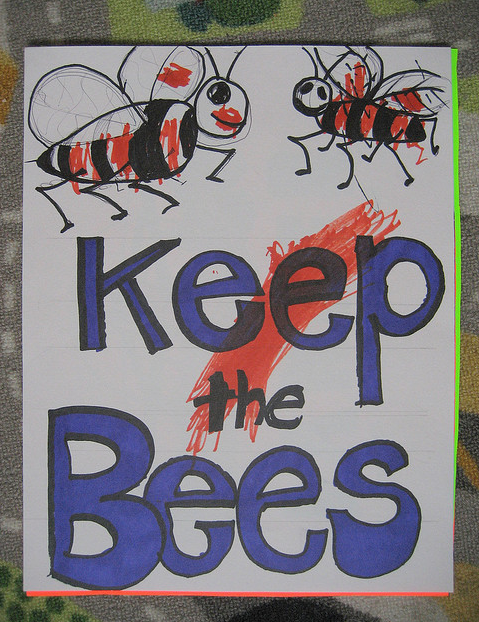By Viji Sundaram, New America Media
Exposure to pesticides is one key reason why children today are more likely to have a wider range of diseases and disorders, such as cancer, autism, birth defects and asthma, than children of a generation ago, according a study released this week.
“We have waited much, much too long to make the health of our children our national priority,” said Kristin Schafer, a mother of two, and lead author of the report, “A Generation in Jeopardy,” by the Pesticide Action Network of North America.
Schafer, the Pesticide Action Network’s senior policy strategist, pointed out that studies have shown that between 400,000 and 600,000 of the 4 million children born each year in the United States are affected by a developmental disorder. Scientists are calling it “a silent pandemic,” she said.
Schafer and her team of researchers studied the link between pesticide exposure and developmental disorders in children for more than 10 months, reviewing more than 200 scientific studies and government data that tracked them.
What they learned was “quite startling,” she said, citing figures that show that more than 10,000 kids are diagnosed with cancer each year and more than 7 million kids have asthma. There’s been a spike in the incidence of leukemia and brain cancer, she said.
Read the complete story at New America Media.










